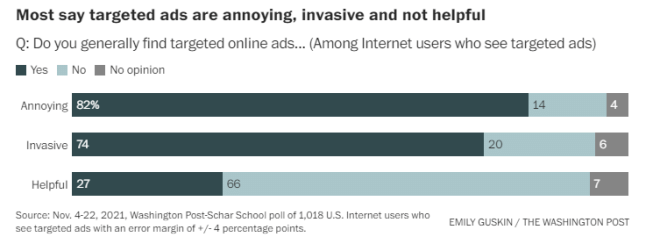The Challenges of Social Media Intelligence
While social media intelligence can be very useful, it comes with its own set of
challenges. The amount of data investigators must sift through can easily lead to
sampling errors, which can occur when the information selected does not reflect the
overall picture. In addition, many users find it uncomfortable to share their
information with platforms in the wake of a series of data breaches.
1. Data overload
Social media is like a river, and
the constant stream of content can naturally overwhelm investigators. With so many
potential leads and noise, it's easy to arrive at the wrong findings, which can lead
to poor decisions. Professional open source intelligence software enables
investigators to eliminate the noise and focus on the most relevant information.
2. User identification
It seems reasonable to
imagine that everyone would create an account for each platform, which would explain
their entire social media presence. Sadly, the reality is more complicated than
that. Fake profiles and bots are growing exponentially every day, making it
increasingly difficult for investigators to verify which accounts belong to real
people and which do not.
A third of U.S. users reportedly have fake accounts
on social media, and there is no single reason behind the creation of these
accounts. Whether motivated by a desire to share ideas without being judged or to
spy on others, these fake profiles pose a significant challenge to analysts when
trying to verify whether an account is legitimate. The bot problem exacerbates this
fact. While the exact number of these nuisances is unknown, it is estimated that
22-65M exist on Twitter .
3. Declining trust in the
platform
Trust in social media companies has been declining,
with many users hesitant to share personal information online or inclined to
self-censor. The reasons behind this mistrust boil down to two things.
In a
recent Washington Post survey, 74 percent of respondents found the tech giant's data
collection for targeted advertising intrusive and irrational. In the wake of the
Cambridge Analytica scandal involving the company's sale of 87 million users'
information, 72 percent of participants had very little or no trust in Facebook,
compared to 47 percent for Google.

Data breaches are another major complaint. With billions of users' information compromised, Facebook is leading the way in this category as well, leading many users to be more aware of the types of content they share publicly on their profiles.